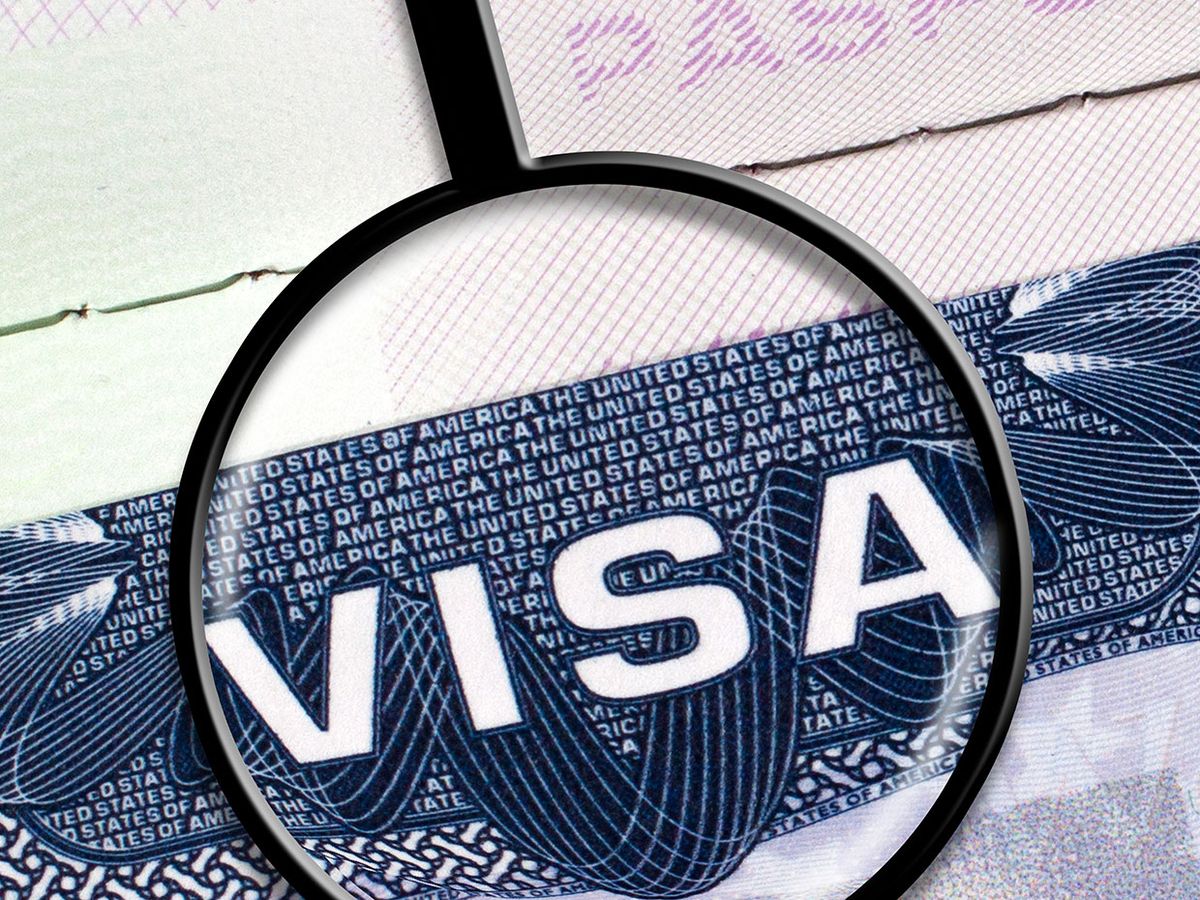THE INSTITUTEFor IEEE members living outside the United States who want to work in the country, the H-1B visa program is their best chance. Additional changes to the program, however, could force some current visa holders from staying in the country and keep new applicants from being approved.
H-1B visas allow employers to recruit and employ non-U.S. workers in specialty occupations, including engineering, for a specified period of time. Each year, U.S. Citizenship and Immigration Services approves a maximum of 85,000 workers. Proposed reforms comply with President Trump’s “Buy American, Hire American” executive order, signed in April.
Although the administration has since back-peddled, it recently proposed H-1B workers whose applications to become citizens are pending to be asked to leave the country. If it were passed, the new reform would potentially jeopardize the visa status of 500,000 to 750,000 tech workers from India alone, according to the Hindustan Times.
The move would also have a negative impact on IT firms such as Infosys and Tata Consultancy Services, which match engineers in India with employers in the United States, the Hindustan Times reports. Because the proposal would force U.S. companies to hire U.S. citizens, it likely would increase their labor costs.
H-1B requests for evidence have spiked. RFEs ask for additional information such as proof of work history, wage reports, and a more detailed job description to determine whether a prospective candidate is eligible for a visa or a renewal. In 2015 about 11 percent of applications were subjected to RFEs, with more than 95 percent approved, according to India West. As of November, nearly half of applications required additional evidence, and just more than 80 percent were approved.
In another obstacle for H-1B visa holders, it might become more difficult for their spouse to hold a job in the United States. The Department of Homeland Security announced in December it intends to rescind H-4 dependent visas, introduced under President Obama’s administration. Such visas allow spouses of H-1B visa holders waiting for green cards to work in the country, according to CNN.
Although it is possible to find a job without an H-4 dependent visa, it would be more difficult. Skilled workers from abroad might not stay in the country if their partner isn’t able to find work.
The proposals are on top of changes made in April: making the application process for computer programmers more stringent and temporarily halting the premium processing option for H-1B visas. For an additional fee of US $1,225, premium processing had taken about 15 days instead of up to six months.
Monica Rozenfeld is a freelance writer and an executive communications strategist for Fortune 100 companies.



